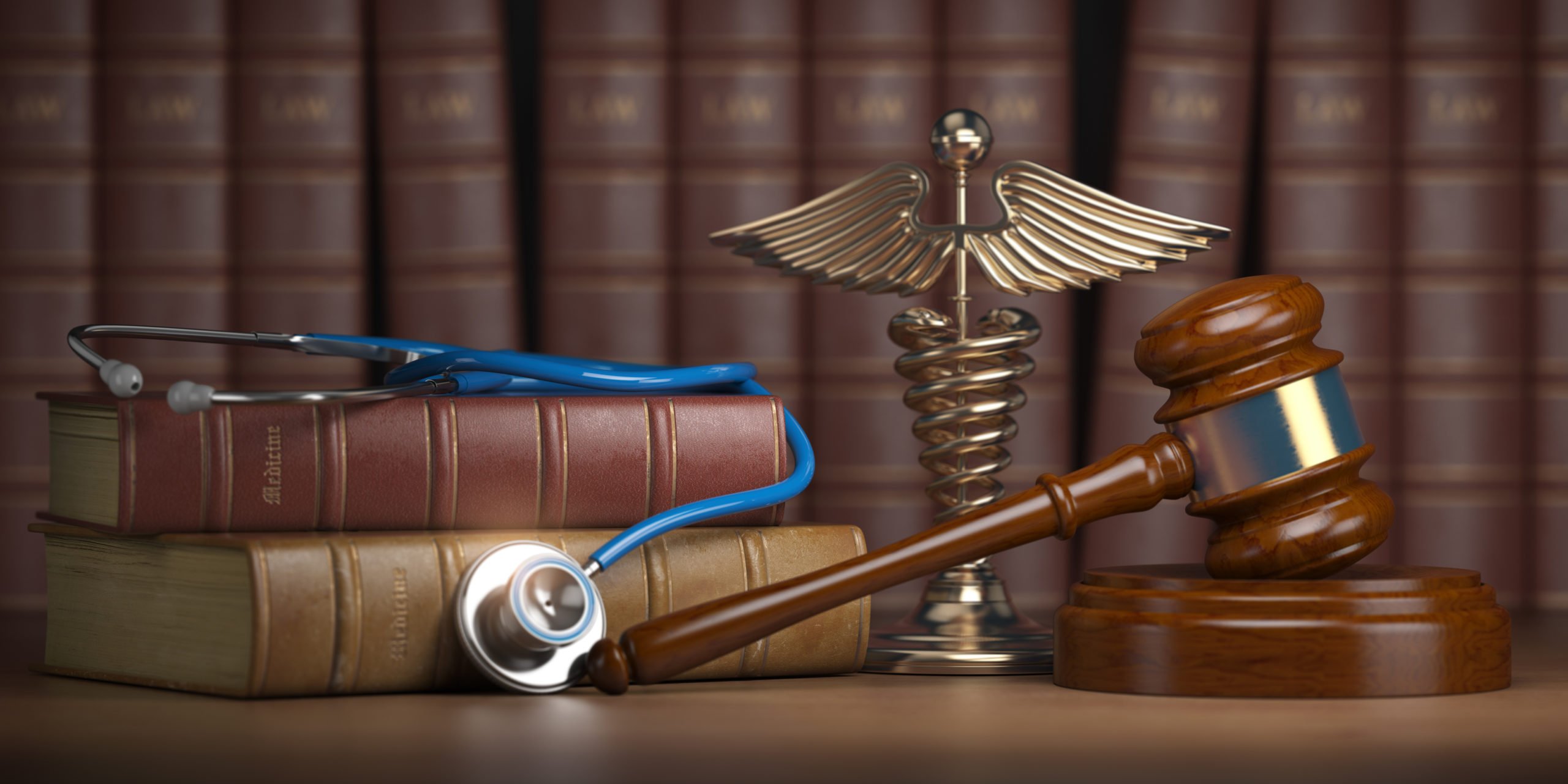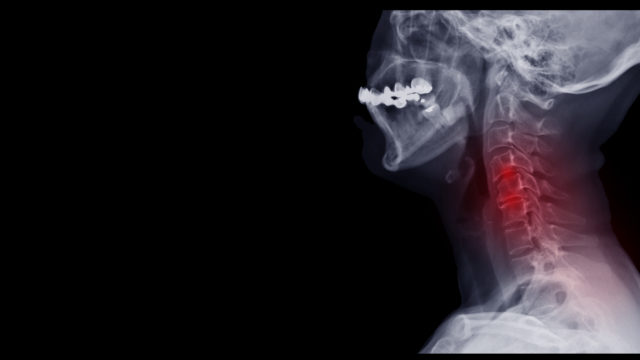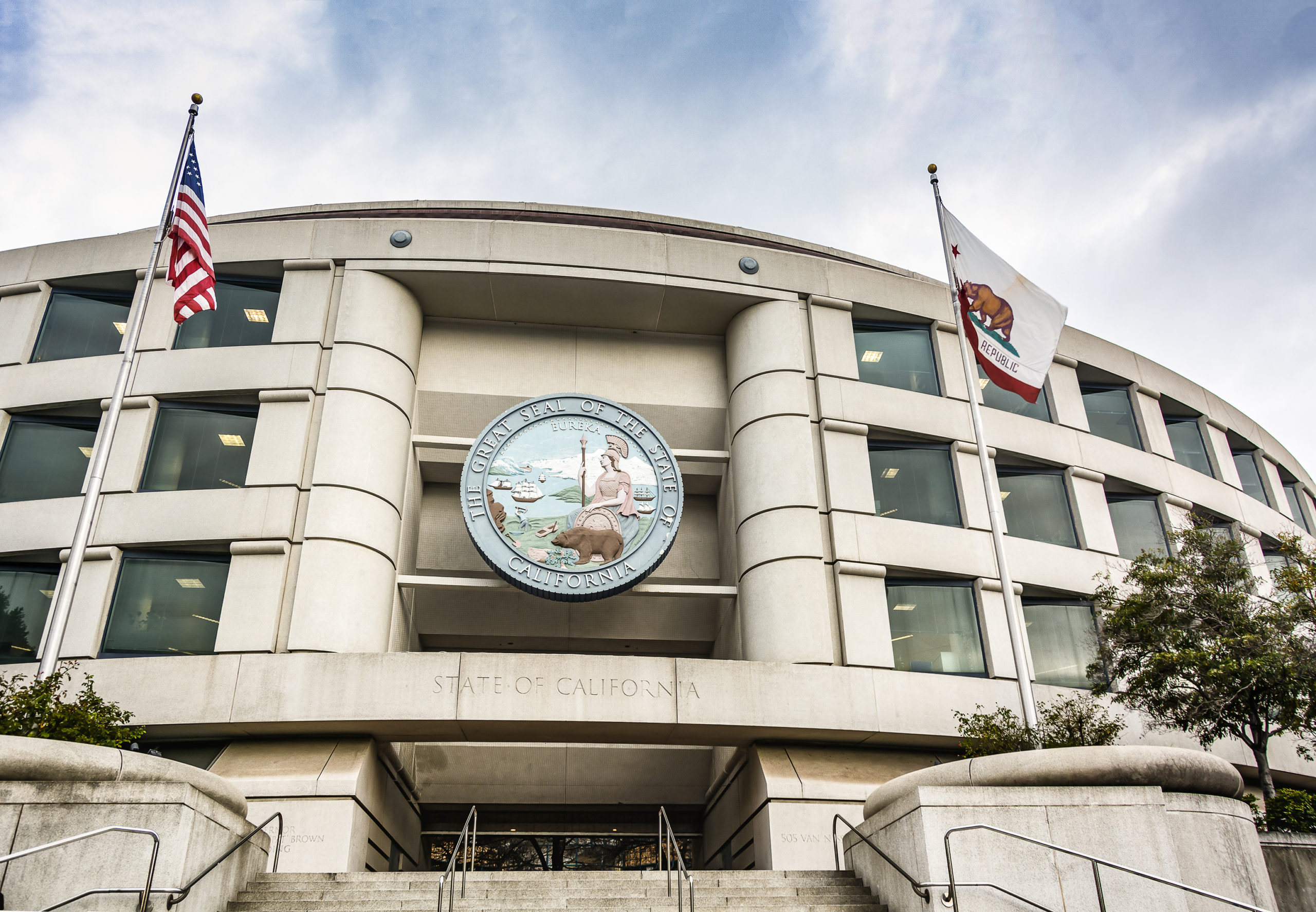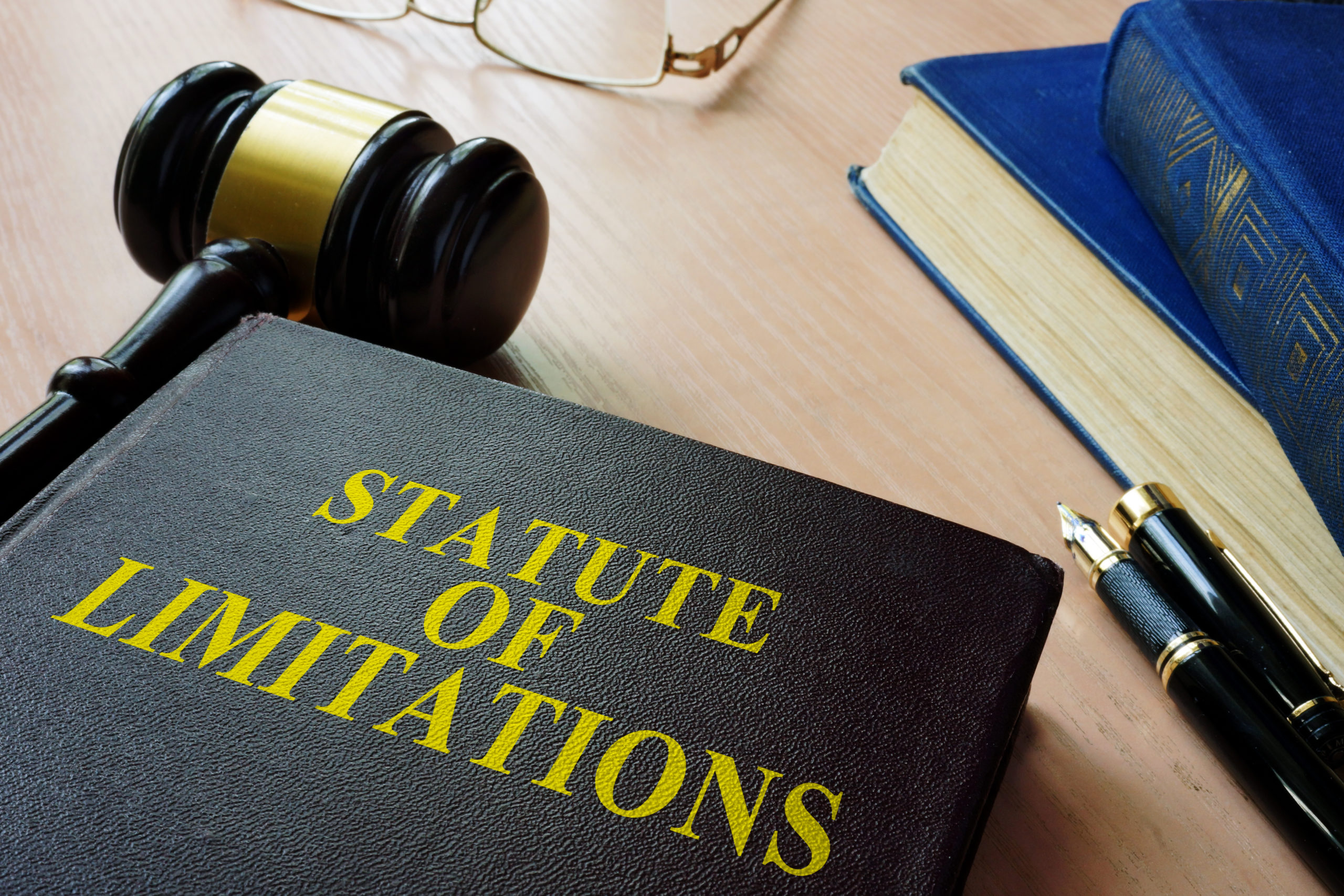It is a nightmare scenario called a car accident. You suffer a few injuries, perhaps one or more serious ones that have cost you hundreds, if not thousands of dollars to diagnose, treat, and rehabilitate. Although you feel like filing a claim with your insurance company should be a slam dunk for approval, the fact remains that insurance companies want medical evidence to make a decision.
Medical evidence is also needed to process personal injury lawsuits. As the plaintiff, not only do you have to prove negligence or recklessness, but you also have to show the court how much in medical bills the car accident cost you.
To submit the right medical evidence to your insurance company and a civil court, you should work with an experienced car accident attorney.
Types of Medical Evidence for Your Car Accident Case
Medical evidence comes in the form of documents that are signed by certified healthcare professionals. For example, your personal physician should sign a document that contains the information for an initial physical examination. A nurse initially tending to your wounds should complete a document that verifies the initial treatment.
Most insurance companies require specific types of medical evidence in the form of signed documents.
Diagnostic Tests
Diagnostic tests validate your claim of suffering one or more injuries because of a motor vehicle accident. If you suffered one or more broken bones, the results of imaging tests reveal which bones broke, as well as the extent of the damage done to the bones and surrounding tissue and muscles. The results of diagnostic tests such as CT scans and blood tests represent the foundation of the medical evidence you should submit along with your insurance claim.
Here are additional types of medical evidence that strengthen your insurance claim and provides the court with proof during a civil lawsuit:
- Documents that demonstrate your medical condition right after the car accident

- Records from the emergency room, if applicable
- Notes made by healthcare professionals on your patient charts
- Surgical notes
- A detailed description of every treatment
- Notes and charts submitted by occupational therapists
- Lab results
- Prognosis statement made by your physician
A prognosis statement, which sometimes is not requested by an insurance company, provides your insurer and/or the judge presiding over a civil hearing with an estimate concerning future lost wages and medical bills. Ask your doctor for a prognosis statement when you are ready to organize your medical evidence for submission.
Why Medical Evidence Matters
Medical evidence provides your insurance company and/or a civil court judge with a continuous record of every treatment from the day of the car accident or from the date you visited with your physician for the first time. Examination notes are especially crucial to get a claim approved because the notes establish a link between the vehicle crash and your injuries.
The primary goal of submitting evidence is to recover the money lost because of the following issues:
- Diagnostic tests
- Treatments
- Rehabilitation and occupational therapy
- Prescription medications
- Lost wages
The Impact of Medical Evidence for Previous Treatments
If there is one fact that stands out after a car accident, it is your insurance company does not want to part with its money to take care of your lost wages and medical bills. An investigator from the insurance company might discover medical records of a previous similar injury. Your insurer might argue that the injuries you suffer from after a car accident happened before the accident.
However, the doctor notes associated with previous injuries might prove the injuries are not related to the injuries you suffered from the car accident.
Act with a Sense of Urgency
Do not succumb to the temptation to “ride it out” after a car accident. You should seek immediate medical treatment to ensure there are no gaps in your medical history report. Getting instant medical treatment ensures healthcare workers document your medical condition properly.
You also want to act with a sense of urgency after a car accident by contacting a state-licensed personal injury lawyer. An attorney can help you obtain and organize the documentation that forms the bulk of your medical evidence. A highly skilled car accident lawyer should be able to make a convincing argument that links your injuries with the vehicle accident






